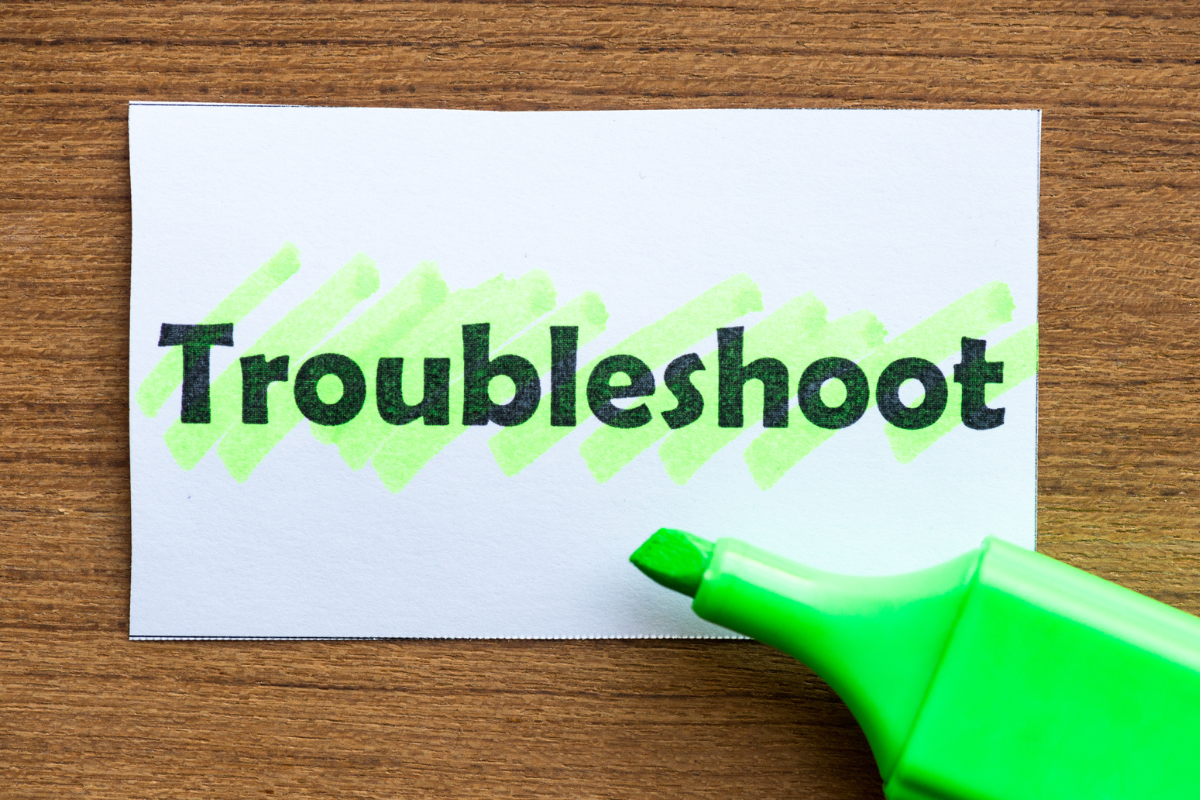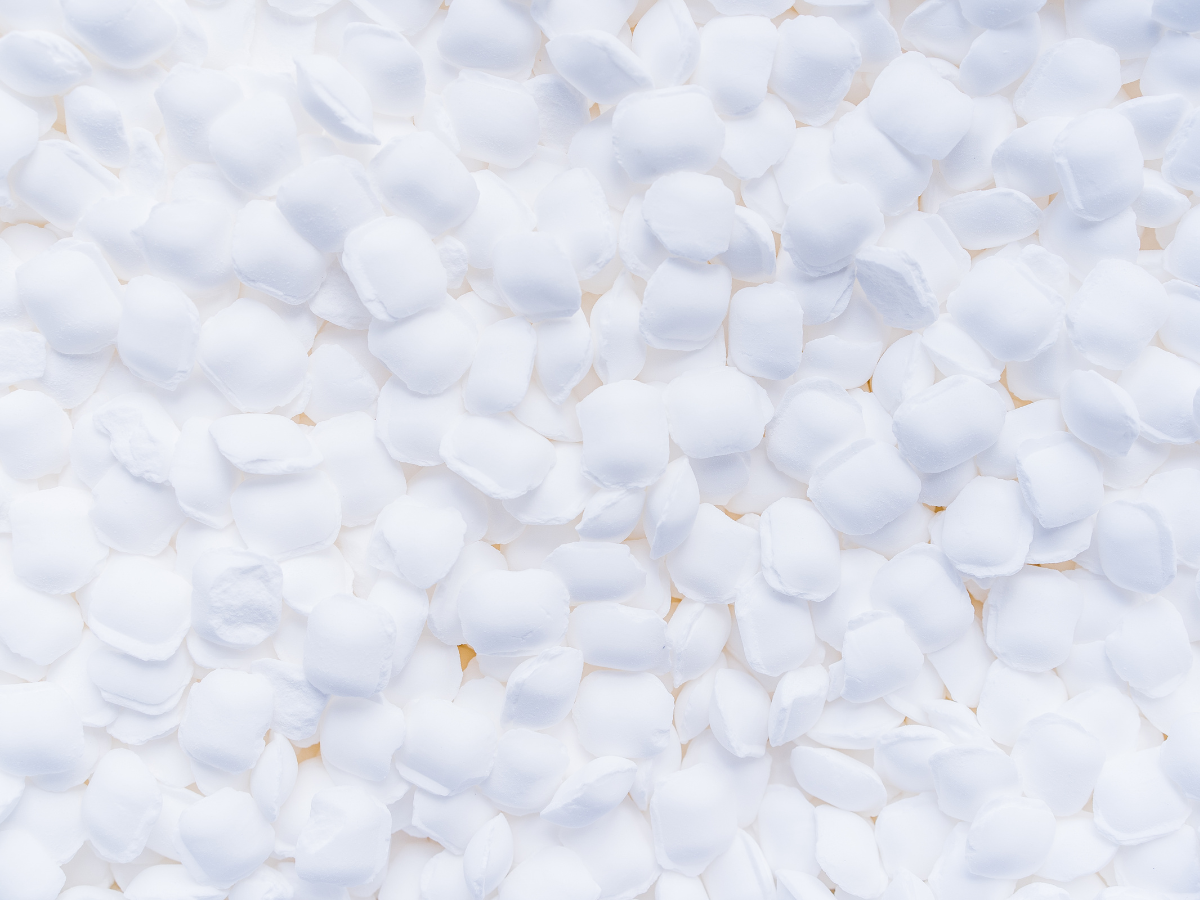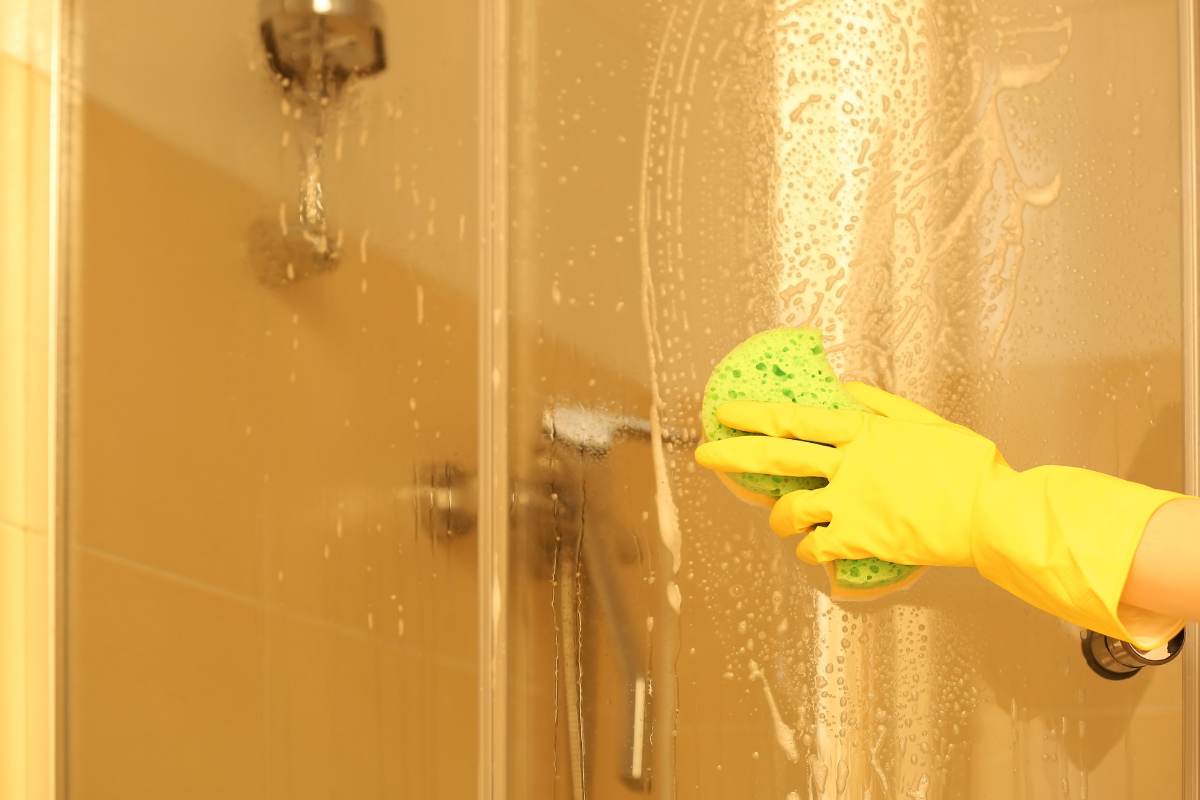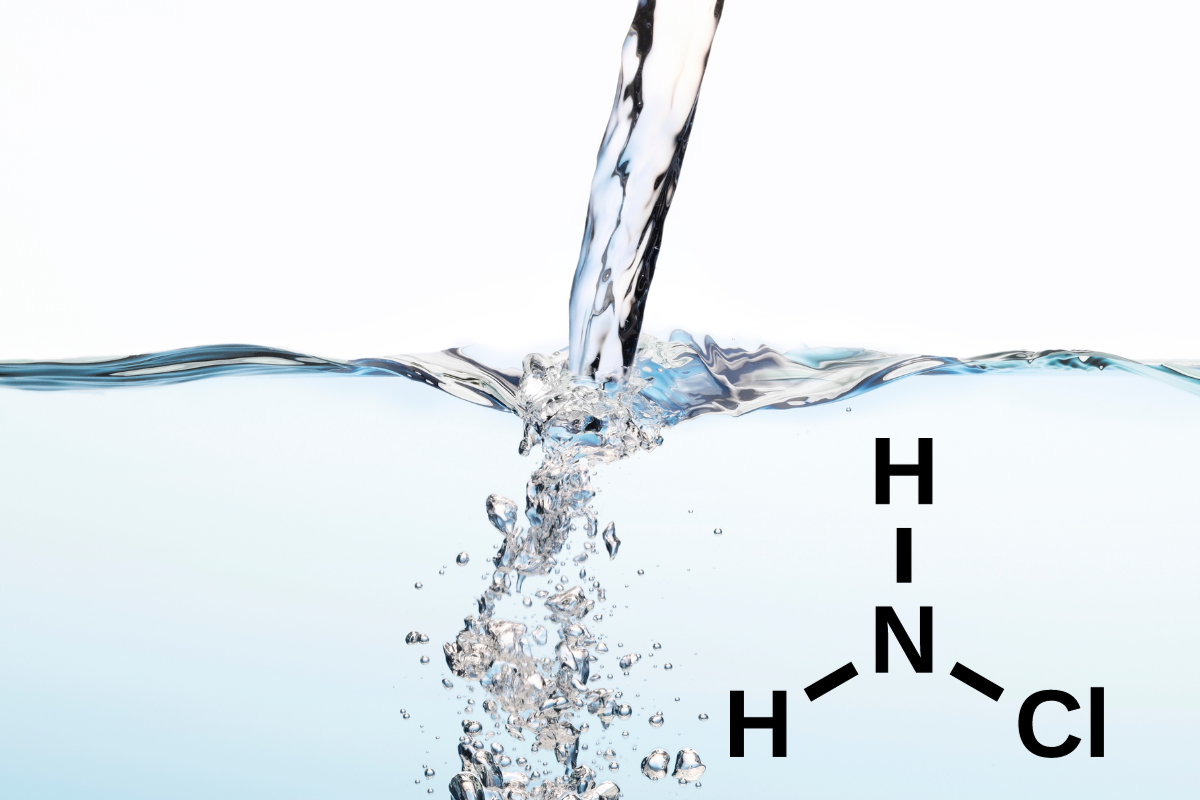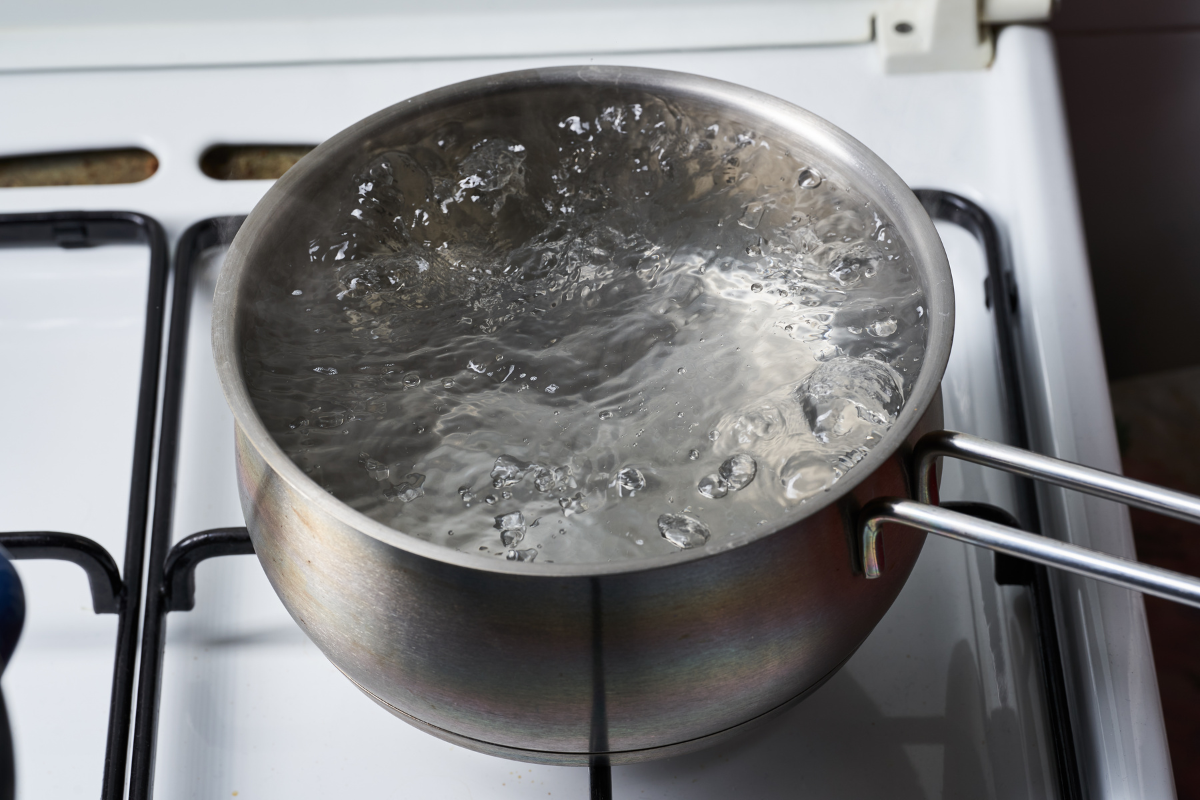Can Hard Water Cause Eczema?
With the winter months in full swing, many of us are experiencing skin symptoms associated with frigid temperatures. Apart from the usual chapped lips and dry hands, it is not uncommon for individuals with eczema to experience flare-ups during the winter. But did you know that hard water can also worsen skin conditions and even cause eczema in small children?
What is Eczema?
Eczema is a skin condition characterized by itching, scaly patches of skin. It is a kind of dermatitis, or inflammation of the skin. Though not contagious, it is prevalent, with around 30 million Americans affected by some form of eczema. It is more common in individuals with a history of asthma and allergies.
Eczema can flare up at any point during the year, but the dry and cold winter conditions are notorious for triggering rashes. The most common areas affected are those exposed to the air, such as hands, cheeks, lips, ears, neck, elbows, and ankles.
Why Does Hard Water Worsen Eczema?
Hard water not only worsens existing eczema, it has also been shown to increase the risk of its development in children who did not have it before. This is because hard water, which contains minerals like calcium and magnesium, can disrupt the skin barrier and pH level. This can lead to dryness, inflammation, and itching.
Higher deposits of sodium lauryl sulfate (SLS) were also found on the skin of individuals exposed to hard water. SLS is a common surfactant found in many skincare products. Surfactants trap dirt and oil on the surface of the skin, which is then washed away with water. The problem is that our skin requires a certain amount of oil to maintain its natural barrier. Excessive amounts of SLS are known to cause
irritation of the skin by stripping too many of these oils away; those with already sensitive skin are even more susceptible to the drying effects of SLS.
Hard Water and Your Skin
Even if you do not have eczema or another condition, hard water can take a toll on your skin and hair. The minerals in hard water can build up over time, reducing the efficacy of your products and causing hair to become dry, brittle, and dull. Scalp irritation may occur in sensitive individuals or those with a lot of build up.
Calcium and magnesium also react with soap. It becomes more difficult to lather, which means we use more of it to achieve the same results we would obtain with softer water. Hard water combined with soap can leave a film on your skin that blocks pores and causes dryness and irritation. (The film is also often visible on your tub or shower itself in the form of soap scum.)
How Do I Know If I Have Hard Water?
Hard water is not always easy to spot right away, but you will inevitably notice some warning signs. Aside from skin and hair irritation, look for:
White buildup on faucets and around drains- Red or pinkish rings in your toilet
- Soap scum in the shower or in the sink
- A slight uptick in utility bills (especially water), despite no change in use
- Dull or stiff clothing after freshly washing and drying
- Mineral deposits in your coffee maker or tea kettle
Remove Hard Minerals From Water
As you battle the low temperatures, you don’t want to compound your skin problems with hard water. Luckily, installing a water softener is an effective way to remove damaging hard minerals from the water, leading to silkier skin and a host of other benefits to your household. Remember that those minerals are not just building up on your skin, they are also building up in your pipes, in your appliances, and on your clothes. A water softener will ensure the integrity of your home’s systems while also keeping you and your loved ones comfortable in your own skin.
In Colorado, the WaterPros offers the highest quality water softening systems at the most affordable prices to our customers. We will work with you to find the system that meets your family’s needs and budget so you always have access to clean, soft water. Call or
go online today to get started.
